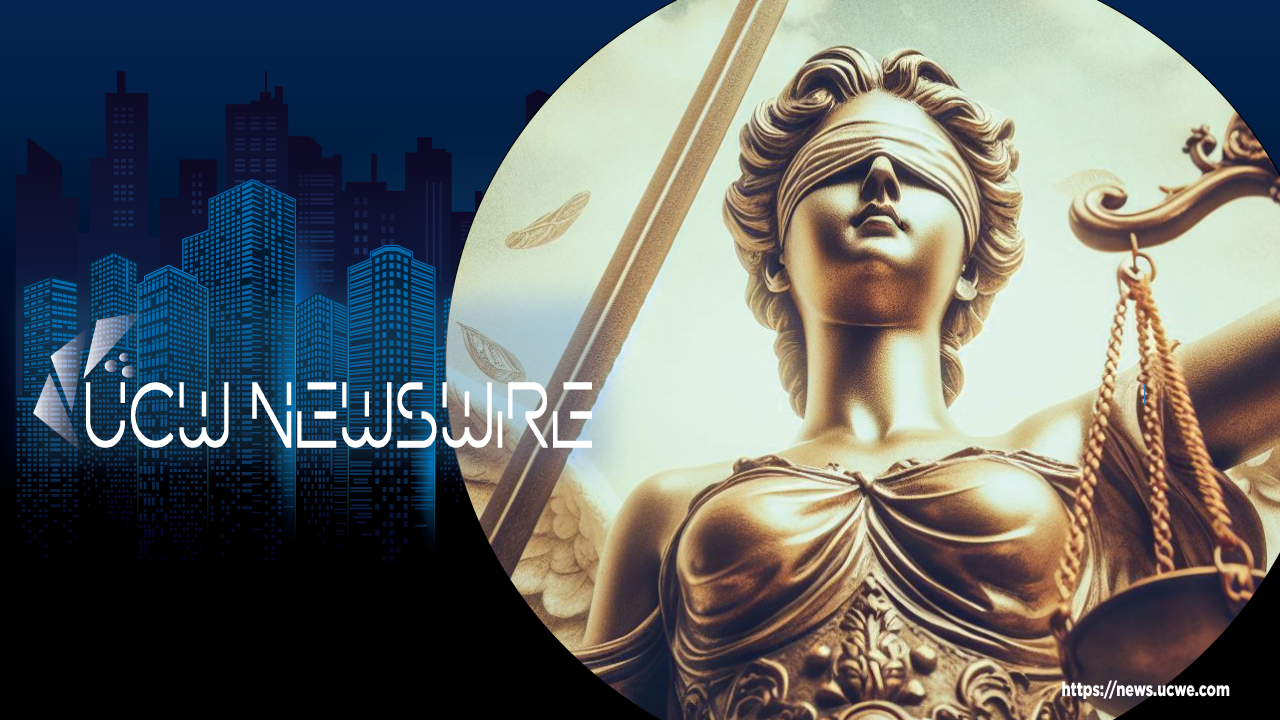TikTok Ban, Data Privacy vs. Social Media Power Play
A ruling that has sparked intense debate across the United States, lawmakers are pushing for the outright ban or forced sale of TikTok, citing national security concerns and the need

A ruling that has sparked intense debate across the United States, lawmakers are pushing for the outright ban or forced sale of TikTok, citing national security concerns and the need to safeguard Americans’ data. Owned by the Chinese company ByteDance, TikTok has faced accusations of harvesting user data and sharing it with the Chinese government—a claim the company denies. As the debate rages on, questions arise about whether data privacy is being prioritized or if this is part of a larger battle for dominance in the social media landscape.
Protecting American Data
The U.S. government has long expressed concerns over TikTok’s access to sensitive data from its vast user base of over 150 million Americans. Critics argue that the platform’s algorithms and data collection methods could be used for espionage or influence operations. Proponents of a ban or sale argue that such a move would protect Americans from potential identity theft, fraud, and other data misuse.
“Data privacy is not just about ads or preferences—it’s about national security,” said one cybersecurity expert. “Allowing a foreign entity to hold the keys to so much personal information is a recipe for disaster.”
Despite these warnings, many TikTok users appear indifferent to the potential risks. The platform’s addictive short-form videos and vibrant community have overshadowed concerns about data breaches or surveillance.
The Winners in TikTok’s Potential Exit
Should TikTok be banned or sold, competing social media platforms stand to benefit enormously. Meta, the parent company of Facebook and Instagram, could see a resurgence in user activity on its Reels feature, which directly competes with TikTok’s format. X, formerly Twitter, may also capitalize by positioning itself as a platform for younger, content-driven users.
Another player poised to gain traction is MegaHoot’s mChatHive, a superapp combining social media, communication tools, and secure data management. Known for its focus on user privacy and security, mChatHive could attract users looking for a safe alternative.
“Without TikTok in the mix, the social media giants have an unprecedented opportunity to capture a younger demographic,” said a tech analyst, Joseph Greenberg. “But the big question is whether they can replicate TikTok’s magic while ensuring better data security.”
Public Outcry and the Reality of Data Privacy
Despite national security concerns, TikTok has garnered a passionate defense from its users. Protests and petitions argue that banning the platform amounts to censorship and limits freedom of choice. Yet, critics of this stance contend that the public’s casual attitude toward data privacy reflects a lack of understanding about the long-term implications.
“Users might not care now, but when their identities are stolen, or personal data is used maliciously, the reality will hit hard,” warned a data privacy advocate.
TikTok’s defenders also question whether the move is genuinely about data security or if it’s an effort to stifle competition. The irony isn’t lost on some observers, given that platforms like Meta and X have also faced scrutiny over data practices.
A Turning Point for Digital Privacy
The outcome of this debate could set a precedent for how the U.S. addresses foreign-owned platforms and data privacy issues. While TikTok remains a cultural phenomenon, its future in America hangs in the balance.
At its core, the debate underscores a critical question: How much are Americans willing to trade convenience and entertainment for privacy and security? As policymakers weigh the risks, the TikTok saga may ultimately redefine the relationship between tech platforms and the data they collect.
Richard Wells
UCW Newswire

